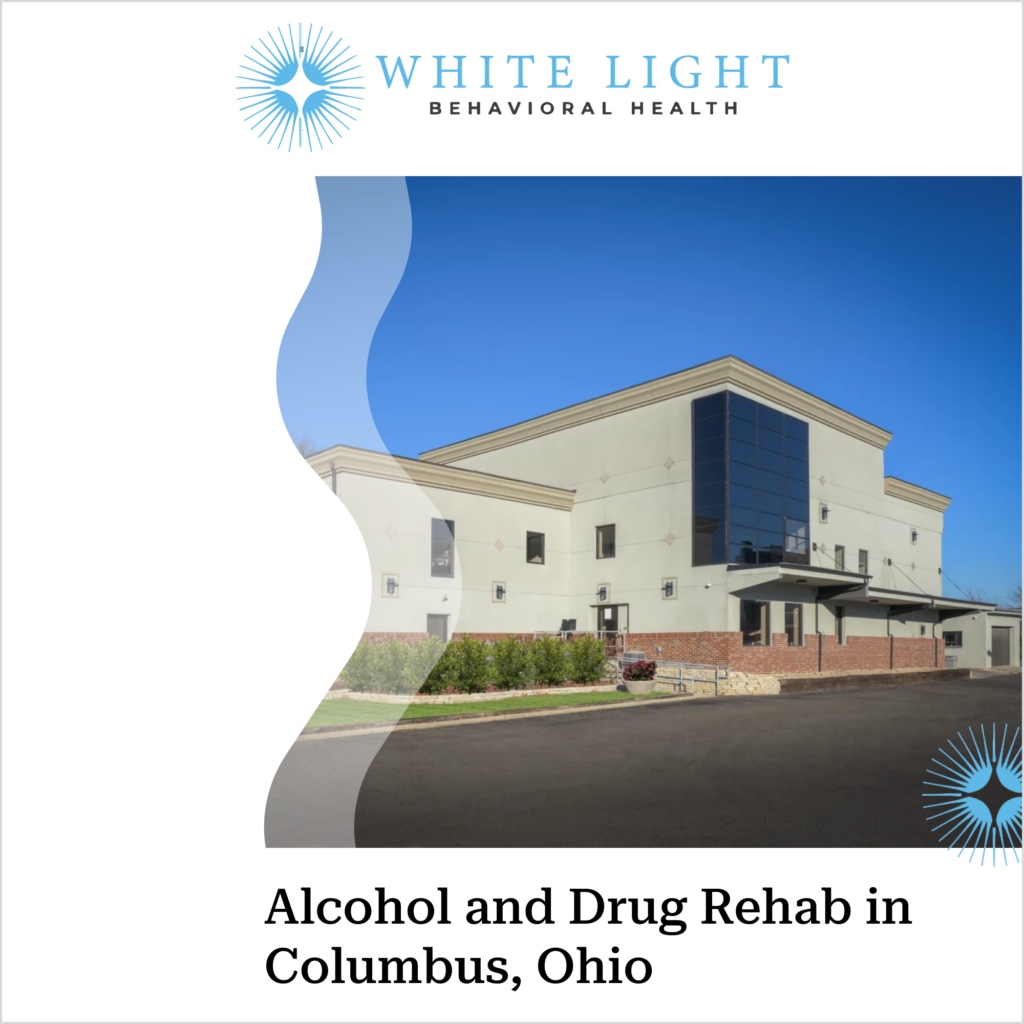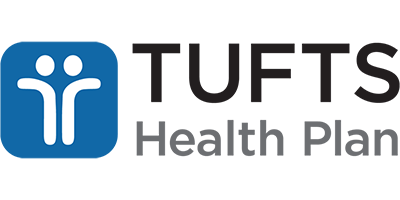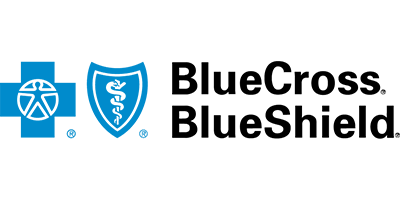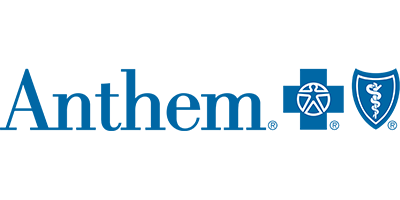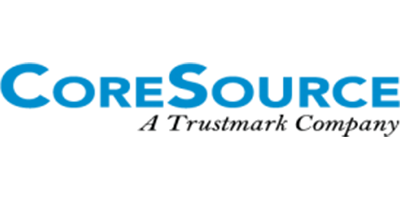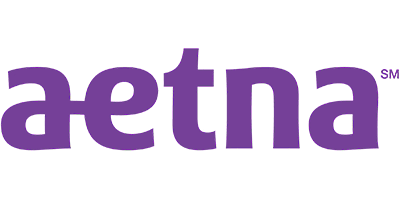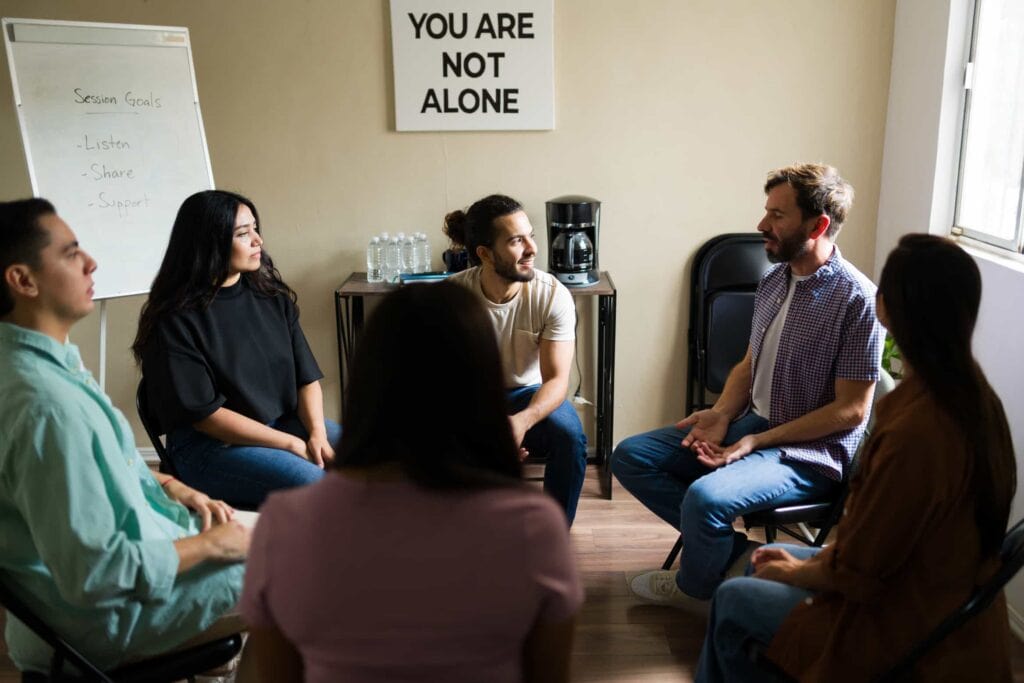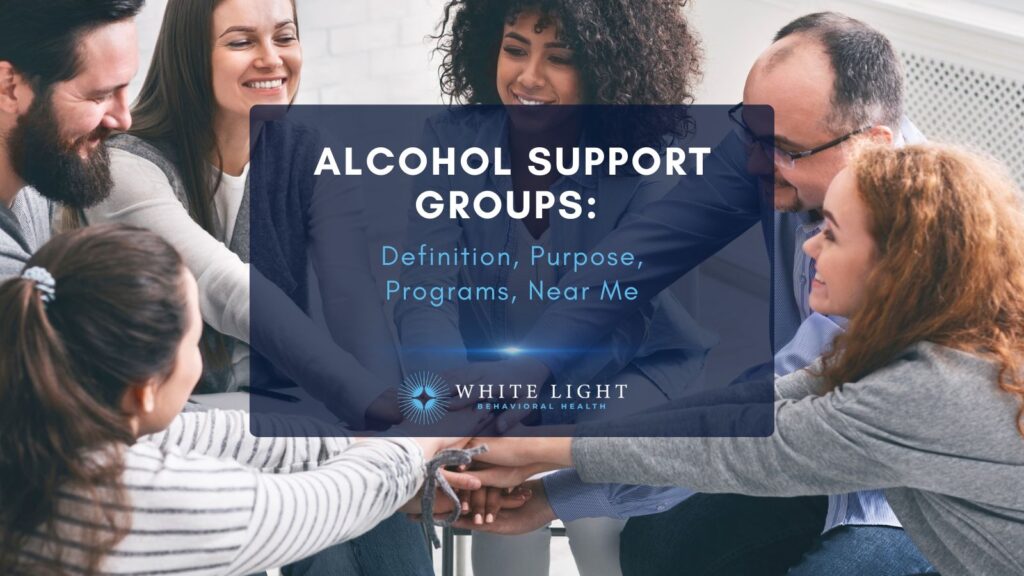Addiction Resources For Parents – How To Help An Addicted Child
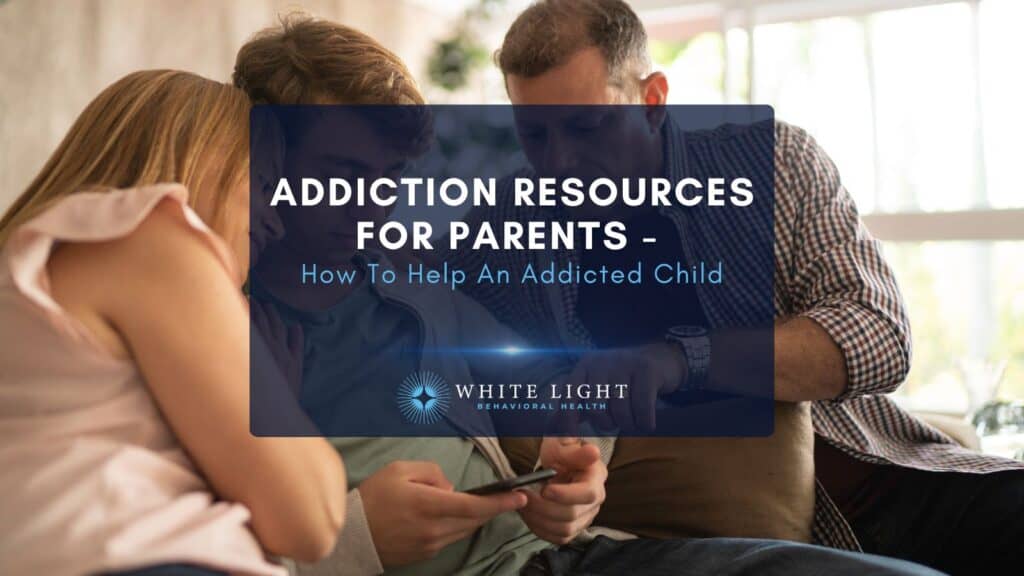
Addiction resources for parents include clinical care, licensed therapists, local counseling, crisis hotlines, and nonprofit support groups. Additionally, school and community resources offer vital support.
Organizations that help parents cope include Al-Anon Family Groups, Parents of Addicted Loved Ones (PAL), and the Columbus CARE Coalition.
School and community resources in Columbus for addiction prevention and awareness include Columbus City Schools (CCS), the Substance Abuse Family Education (SAFE) Program, Community for New Direction (CND), AmeriCorps Mentors for Success, and Prevention Action Alliance.
Addiction affects families in Columbus, Ohio, especially parents. When a child faces substance use issues, knowing how to help without causing more harm proves challenging.
Whether dealing with a relapse, seeking financial support, or needing someone to talk to, these Ohio resources assist. With the right information, families respond with strength and care.
What Is Addiction?
Addiction is a chronic condition where someone repeatedly uses a substance or engages in behaviour despite harmful consequences. It changes how the brain functions, especially areas linked to decision-making, motivation, and reward, making it harder to stop even when the risks are clear.
In Columbus, addiction affects thousands of families every year. Whether it’s alcohol, opioids, or other drugs, the pattern is the same: increased tolerance, withdrawal symptoms, and the need to use more just to feel normal. For parents, this becomes a daily struggle of watching a child spiral, while trying to hold the family together.
Addiction is not a moral failure or a parenting mistake. It’s a medically recognised condition. The Ohio Department of Mental Health and Addiction Services (OhioMHAS) defines it as a “treatable, chronic disease involving complex interactions among brain circuits, genetics, environment, and life experiences.”
In Columbus, the rise in fentanyl-related overdoses and adolescent substance misuse has made parental involvement more critical than ever. In fact, the Franklin County Coroner’s Office, Annual Overdose Report, 2023 reports over 800 overdose deaths in 2022 alone, with many cases involving youth between the ages of 15 and 24.
Understanding the nature of addiction helps parents respond with support instead of stigma, compassion instead of conflict. It’s the first step toward breaking the cycle and finding real, local help.
Did you know most health insurance plans cover substance use disorder treatment? Check your coverage online now.
More Resources on Addiction:
What Support Is Available for Parents Dealing with Child Addiction?
The support available for parents dealing with child addiction includes clinical care from centres, access to licensed therapists, local counselling services, crisis hotlines, and nonprofit outreach programmes. These resources help you manage the emotional toll while also giving your child the best chance at recovery.
White Light Behavioral Health in Columbus offers integrated addiction treatment specifically designed for teens and young adults. Their programmes include family therapy, medication-assisted treatment, and dual-diagnosis care for co-occurring mental health issues. Parents are included in the treatment process, helping them better understand addiction, manage boundaries, and support long-term recovery.
Local hotlines such as the 24/7 Franklin County Youth Crisis Line (614-722-1800) offer confidential support for parents in urgent situations. These services connect you to licensed professionals who can assess the severity of the issue and refer you to immediate care, including inpatient or outpatient programmes.
Where Can You Find Addiction Rehab and Treatment Centres in Columbus?
You can find addiction rehab and treatment centres in Columbus at White Light Behavioral Health and The Ohio State University Wexner Medical Center’s Talbot Hall. These facilities offer a mix of inpatient and outpatient services for teens and young adults, with treatment plans supported by licensed professionals and insurance-eligible programmes.
You can find rehab and treatment centres in Columbus at the following locations:
- White Light Behavioral Health, Columbus: Offers structured inpatient and outpatient treatment focused on teens and young adults. Known for its trauma-informed care and strong family integration in recovery.
- Talbot Hall at OSU Wexner Medical Center: A hospital-based programme with access to advanced psychiatric support and dual-diagnosis treatment.
Best suited for individuals needing intensive medical supervision during recovery.
- Nationwide Children’s Hospital Behavioral Health Pavilion: Offers comprehensive youth addiction and mental health services under one roof. Known for integrating psychiatric evaluation with substance use treatment for minors.
Each of these centres combines medical expertise with tailored addiction support, making it easier for families in Columbus to find the right fit for their child’s needs.
How Do You Talk to Your Child About Addiction Without Shame or Blame?
You talk to your child about addiction without shame or blame by focusing on understanding, using calm language, and creating a safe space for open conversation. Instead of making accusations or engaging in emotional outbursts, approach the discussion with curiosity, ask questions, listen attentively without interrupting, and show empathy for their experience.
Columbus-based therapists recommend using “I” statements, such as “I’m worried about you,” instead of “You’re ruining everything.” This reduces defensiveness and keeps the door open for continued dialogue.
Common mistakes parents make include lecturing, punishing, or minimising the issue. These reactions break trust and push the child further into isolation. It’s more effective to express concern, offer support, and work together on solutions, especially when guided by local experts trained in adolescent substance use.
If conversations become too difficult at home, professional family counseling through providers like White Light Behavioral helps guide these interactions with structure and emotional balance.
How Can Family Therapy Help Parents For An Addicted Child?
Family therapy helps parents of an addicted child by improving communication, rebuilding trust, and teaching effective recovery strategies. Involving the whole family in family therapy addresses unhealthy patterns, resolves conflicts, and strengthens the home, reducing enabling behaviors and increasing accountability.
It also offers emotional support and guidance, helping parents manage stress while learning how to best support their child’s recovery. By fostering healthy boundaries and shared goals, this approach creates a united family effort benefiting both the child and everyone involved.
What Organisations Help Parents Cope Emotionally and Financially?
Organisations that help parents cope emotionally and financially include Al-Anon Family Groups, Parents of Addicted Loved Ones (PAL), and the Columbus CARE Coalition. These groups offer peer-led meetings, trauma support, free counselling sessions, and access to financial aid for addiction treatment.
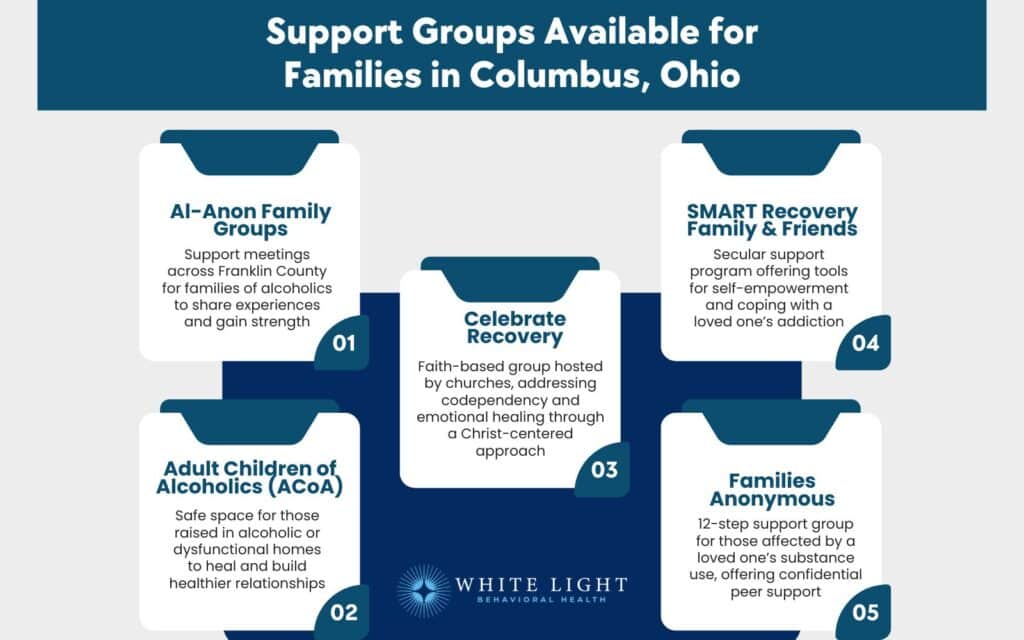
You can access emotional and financial support for addiction through these organisations in Columbus:
- Al-Anon Family Groups (Columbus Chapters): Offers weekly peer-led meetings for parents and family members coping with a loved one’s addiction. These sessions focus on emotional resilience, setting boundaries, and shared experience.
- Parents of Addicted Loved Ones (PAL), Columbus: Provides a free, faith-based support group with educational content tailored to parents.
PAL helps families understand addiction dynamics and respond in ways that support recovery rather than enable substance use.
- White Light Behavioral Health – Family Services Unit: Supports parents emotionally through therapy and offers help navigating insurance, financial aid options, and community-based referrals. Their caseworkers also assist with crisis planning and budgeting for long-term recovery.
Contact us today to schedule an initial assessment or to learn more about our services.
Whether you are seeking intensive outpatient care or simply need guidance on your mental health journey, we are here to help.
How Do You Handle a Relapse or Refusal to Get Help?
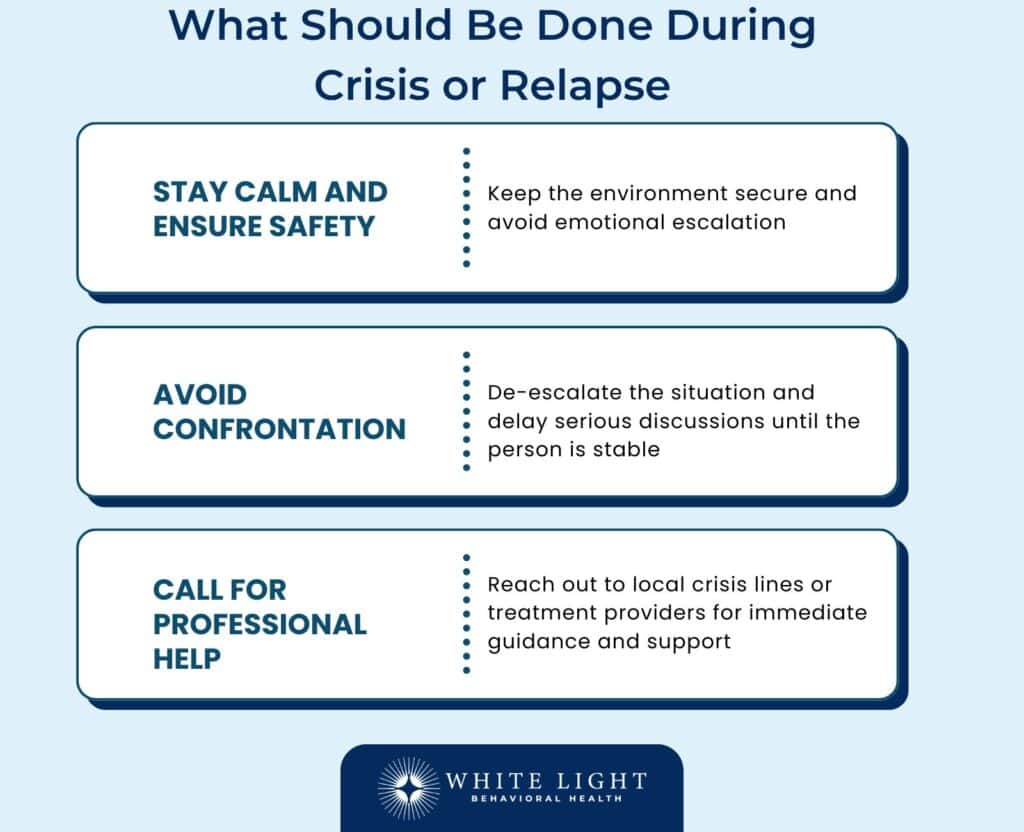
You handle a relapse or refusal to get help by staying calm, reinforcing healthy boundaries, and having a clear response plan. Reacting with anger or guilt worsens the situation, but following a structured relapse prevention plan, ideally created with your child’s treatment team, guides your next steps.
White Light Behavioral Health recommends involving a local intervention specialist if your child refuses help, to avoid escalating the conflict and to offer structured options. It’s also important to remember that relapse is a common part of the recovery process.
Keeping communication open, while maintaining boundaries and safety, allows your child to return to treatment without fear of judgment or rejection.
Are There School and Community Resources in Columbus for Addiction Prevention and Awareness?
Yes, Columbus offers a range of school and community resources aimed at addiction prevention and awareness. These resources collectively contribute to a supportive environment for youth and families in Columbus, focusing on education, prevention, and early intervention to combat substance abuse and addiction.
School and community resources in Columbus, Ohio, for addiction prevention and awareness include:
- Columbus City Schools (CCS): CCS implements comprehensive drug and alcohol prevention education across all grade levels. The district’s biennial Drug-Free Schools Report outlines strategies and programs designed to educate students about the risks of substance use and promote healthy decision-making.
- Substance Abuse Family Education (SAFE) Program: Piloted in partnership with the Educational Service Center of Central Ohio, the SAFE program is implemented in select Central Ohio Career School (CCS) high schools.
It focuses on educating students and families about substance abuse, aiming to foster open communication and provide resources for prevention and intervention.
- Community for New Direction (CND): CND offers after-school programs, summer camps, and mentoring services for youth in Columbus. These programs focus on substance abuse prevention through education, life skills development, and promoting positive youth engagement.
- AmeriCorps Mentors for Success: This initiative provides school-based mentoring for students in grades 5–12 who are at risk of substance use.
Mentors work with students to improve attendance, academic performance, and social-emotional skills, contributing to overall prevention efforts.
- Prevention Action Alliance: Hosting events like the “Your Role in Prevention Luncheon,” this organization brings together community leaders to discuss and promote strategies for addiction prevention. These events aim to raise awareness and encourage community involvement in prevention initiatives.
Where to Get Immediate Addiction Help in Columbus, Ohio.
You get immediate addiction help in Columbus at White Light Behavioral Health, Netcare Access, and the 24/7 Franklin County Youth Crisis Hotline.
These services are available to assist parents and families facing urgent addiction-related situations involving children or teens.
White Light Behavioral Health accepts same-day assessments for both inpatient and outpatient admissions, offering stabilisation and medically supervised detox where needed. For telephone support, the Franklin County Youth Crisis Line (614-722-1800) connects you to licensed professionals trained to handle overdose events, mental health emergencies, and substance-related crises in youth.
The Columbus CARE Coalition also offers immediate post-crisis support for families impacted by drug-related incidents, helping you process trauma and connect with ongoing resources.
Getting help quickly improves outcomes and keeps your child safer. These services ensure that even in moments of crisis, you’re not left navigating the system alone.
Why Outpatient Treatment Is Preferred For A Child With Addiction?
Outpatient treatment is preferred for a child with addiction because it provides professional support and therapy while allowing them to continue daily activities like school and family life. The flexibility of outpatient treatment makes involving parents and caregivers easier, strengthening family support and communication.
This approach minimizes disruption to education and social life and helps children apply coping skills in real situations. Outpatient care suits moderate addiction when the child’s home environment is stable and supportive, balancing effective recovery with normal development.
Share This Post
